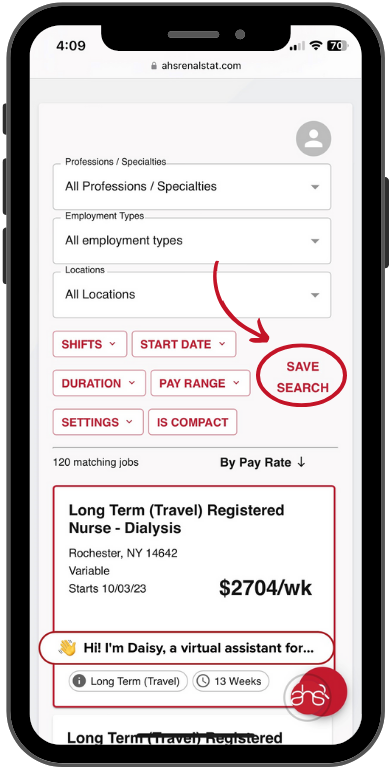A licensed practical nurse (LPN) is referred to as LVN – Licensed Vocational Nurse – in some states
A licensed vocational nurse, commonly abbreviated “LVN,” is a medical professional who provides basic patient care in settings like hospitals, doctor’s offices, and long-term care facilities. In some places, the term “licensed practical nurse” is more commonly used. They serve an important role in the medical community and are a valued part of many healthcare teams. The specifics of these nurses’ jobs are usually limited by local law in terms of how extensively they can be involved in direct services, but the work they do is often essential to making sure that each patient gets prompt and efficient care.
Basic Job Description:
It can be difficult to pin down what exactly an LVN does because different places have different rules about what the job can include. Laws tend to vary between countries, states, and provinces about what responsibilities can fall to this medical professional.
Greeting patients, getting basic blood pressure and pulse readings, and taking patient temperatures are almost always within the realm of a licensed vocational nurse’s responsibility. They also assess patients by physical examination, including pertinent diagnostic testing to determine health status. Administers medications and treatments. They participate in the care planning process. Communicates with physicians regarding changes in resident’s conditions, diagnostic test results, etc. They normally work in a team environment and within scope of practice as defined by State.
Supervision:
One of the things that sets LVNs apart from other nursing professionals is that they almost always have to be supervised. In most cases, a doctor or registered nurse (RN) — that is, a nurse who has more advanced training and has passed more strenuous exams — must be in charge of overseeing and guiding each LVN’s work. Supervision is not always direct, which is to say that there is not always someone looking over the nurse’s shoulder, but there is almost always a defined hierarchy, with the vocational nurses always coming in near the bottom of the list.
Training Requirements:
Most LVNs complete one-year training programs that include education in anatomy, physiology, and patient care. Community colleges and trade or vocational schools are usually the best places to find these programs, and some schools even offer programs over the Internet. Classes vary in price depending on prestige and location, and not all provide the same degree of training. It is usually a good idea for prospective nurses to do at least a bit of research into training possibilities before enrolling. Looking at things like graduation rate, licensure passage history, and overall job placement are good ways of getting a feel for whether a particular course will be a good fit. ~wisegeek.com~
AHS RenalStat
A Leading Dialysis Staffing Agency
www.ahsrenalstat.com
877-309-3546
QUICK APPLY


